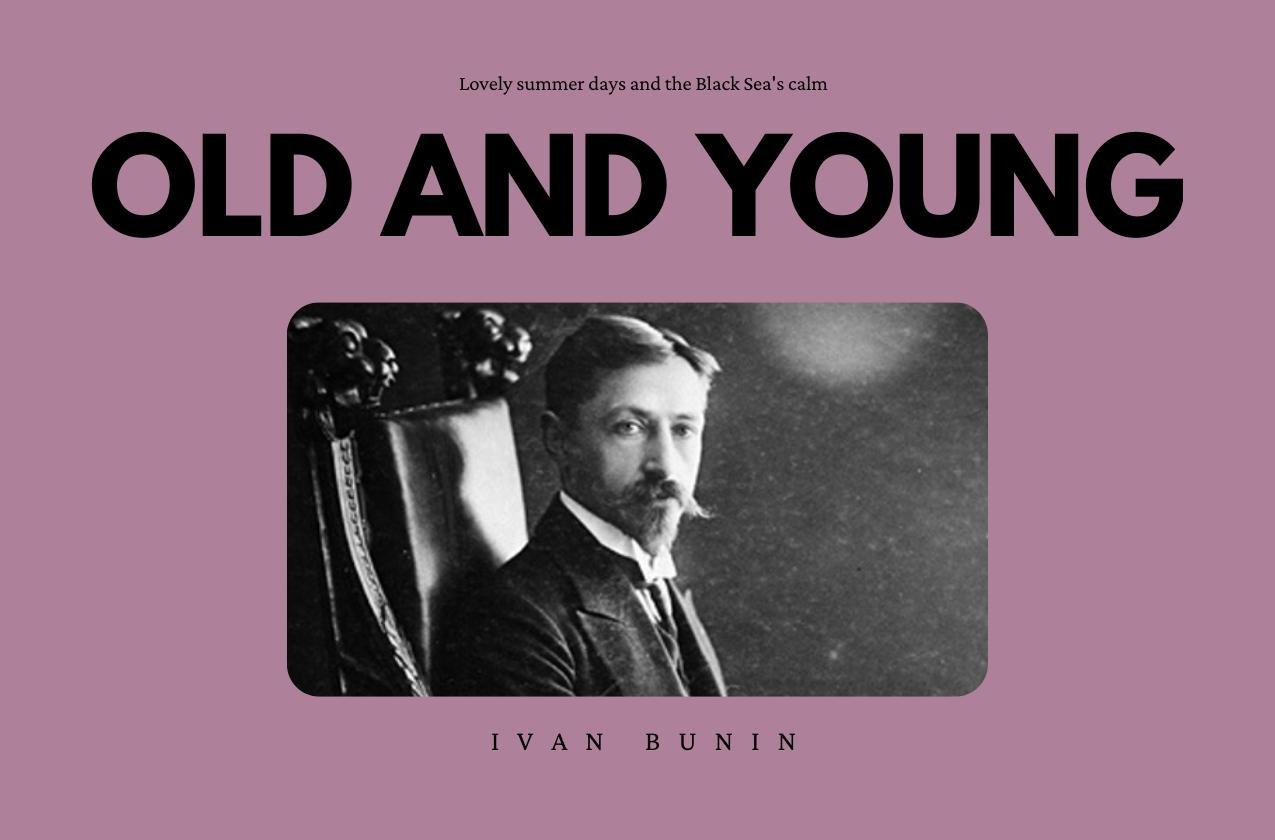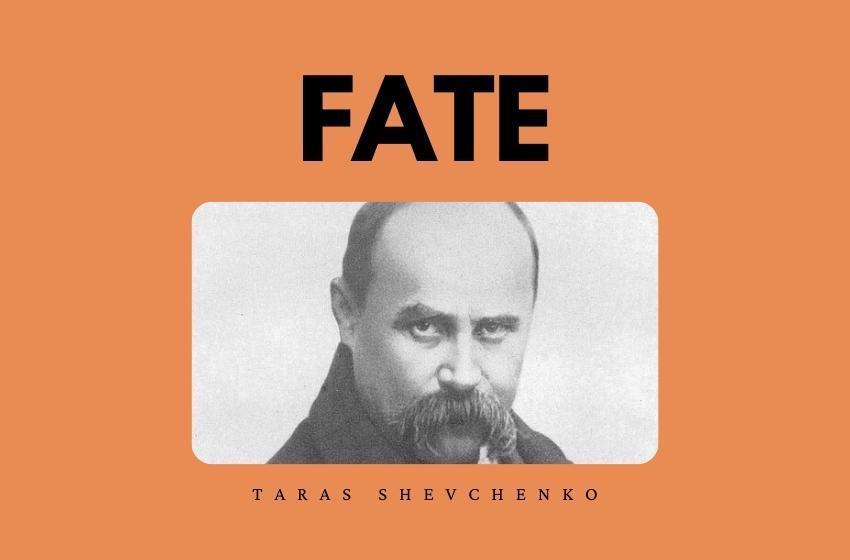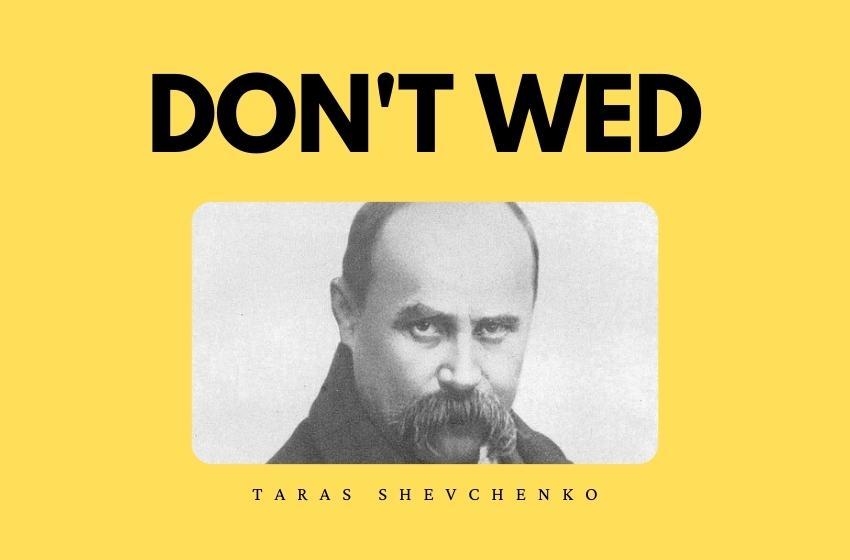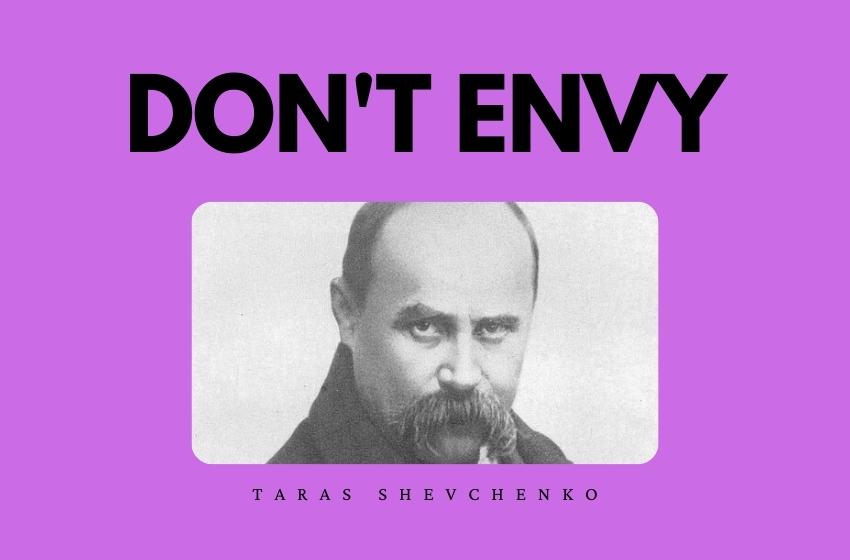Bunin’s articles and diaries of 1917–20 are a record of Russian life during its years of terror. In May 1918 he left Moscow and settled in Odessa. And at the beginning of 1920 he emigrated first to Constantinople (now Istanbul) and then to France, where he lived for the rest of his life. There he became one of the most famous Russian émigré writers.
Lovely summer days and the Black Sea's calm.
A steamer overloaded with people and goods; its deck packed solid from forecastle to ster.
And a long, circular route from the Crimea to the Caucasus, the shores ofAnatolia, Constantinople.
Hot sun and blue sky, a lilac-colored sea. Endless stops in crowded ports where the winches crash like thunder and the deckhands shout and curse. Heave to! Lif! And then the calm again. A slow and peaceful passage along the base of distant mountains, their peaks melting in the sun's haze.
A cool breeze blows through the spacious, clean, and empty lounge for first-class passengers. But it's dirty and crowded on deck, where throngs of passengers ride in the galley's stench and the engine's heat, sleeping on plank beds under the ship's awnings, or nestled among anchor chains and hawsers on the forecastle. Here there is always a pungent odor: sometimes it's hot and pleasant, sometimes it's warm and disgusting, but always it is stirring- the unmistakable smell of a steamer mixed with the sea's freshness. And here there are hordes of every nationality- Russians and Ukrainians, Athonian Monks, Georgians, Kurds, and Greeks. . . . The Kurds sleep from morning until night, a completely savage race, while the Georgians either sing or dance in pairs: tossing their wide sleeves back with coquettish nonchalance, jumping lightly, and floating into the parting crowd as they clap their hands in rhythm: tash-tash, tash-tash . . . . Meanwhile, the Russian pilgrims bound for Palestine never stop drinking tea, and a woman camped near the kitchen watches intently as a slope-shouldered mouzhik with straight hair and a narrow yellow beard reads out loud from the Holy Scripture: alone and unabashed, she wears a red jacket and a gauzy green scarf in her lusterless black hair-and her defiant eyes are always fixed on this man as he reads.
I went ashore at Trabzon, where we were docked for a long time. Returning to the ship, I saw a new band of armed and ragged Kurds walking up the gangway-a retinue escorting an elder. Big and broadchested, he wore an astrakhan and a grey Circassian coat snugly fastened around his narrow waist by a silver-plated belt. All the Kurds already camped on deck- they had gathered there en masse-got up and cleared a space for the newcomer. His retinue put down many rugs and pillows, and then the old man lay down majestically. His beard was white as steam; his face was dark and worn from the sun, and his brown eyes shone with an unusual brilliance.
I walked over to him, crouched, and said, "Salaam." Then I asked in Russian if he was coming fom the Caucasus.
"From farther away than that, sir," he answered amicably in Russian. "We are Kurds."
"And where are you traveling to?"
"To Istanbul, sir," he answered with modest pride. "To the Padishah himself. I am taking him a gift-seven whips. The Padishah took seven sons from me in the war-all I had. And all seven were killed. Seven times the Padishah brought glory to my name."
"Tsk, tsk, tsk," muttered a young Kerchen Greek with offhanded pity. He was standing above us holding a cigarette-a portly, handsome fop in a cherry-red fez, a grey frock coat and a white vest, stylish slacks, shiny boots that buttoned down the side. "Such an old man to wind up all alone," he said, shaking his head.
The Kurd looked at his fez. "How foolish you are," he answered simply. "It is you who will be old. I'm not old now, and never will be. Do you know about the ape?"
"What ape?" the fop answered uneasily.
"Listen, God made heaven and earth-you know that, right?"
"Well, yes."
"Then God made man. And he said, 'You, man, will live thirt years on the earth. It will be a good life. You will be happy. You will think that everything on earth was made for you alone by God. Are you satisfied with that?' And man thought, 'It's good -but only thirty years to live? That's not enough!' Are you listening?" the old man asked with a sardonic smile.
"I can hear you," the fop responded.
"Then God made a mule and said, 'You, mule, will live thirty years on this earth. You will carr wine sacks and heavy loads. People will ride on your back and beat you over the head with a stick. Are you satisfied with thirty years?' The mule cried out and wept and said to God: 'Why must I live so long? Let me live only ffteen years.' 'And give me fifteen more,' man said to God. 'Please, take fifeen years from his share and give them to me.' And God did as he was asked: Man received forly-five years of life. Things worked out well for man, didn't they?" the old man asked, glancing at the fop.
"Not bad,'' he answered tentatively, unsure of where all this would lead.
"Then God made a dog and gave him thirty years as well. 'You,' God said to the dog, 'will be angry all your life. You will guard your owner's riches, distrust strangers, stand barking in a doorway. You will not sleep at night for worrying.' And the dog began to howl: 'Please, please-give me only half of such a life.' And again man begged from God: 'Give me his half-life as well!' And again God did as he was asked. How many years does man have now?"
"That would make sixty," the fop answered more happily.
"Well, then God made an ape. He gave him thirty years to live, and said: 'You will live without labor and without concerns. But your face will be unpleasant. It will be bald and wrinkled, and you'll have no eyebrows. You will ask people to look at you, and they will only laugh at your face."
"So the ape refused -asked for half as many years as well?" asked the fop.
"That's right, the ape also refused half of his life," the old man answered, sitting up to take the mouthpiece of a water pipe from the Kurd next to him. "And man asked for that half-life as well," he said, lying down again and drawing o n the pipe. H e fell silent then, and stared straight ahead, as if he had forgotten us. When he began to talk again, he seemed to be addressing no one in particular:
"Man lived his own thirty years like a man-he ate, drank, fought wars, danced at weddings. Loved young women and girls. And for fifteen years he worked like a mule, gathering his riches. For fifteen years he guarded those riches like a dog, barking and being angry, and not sleeping at night. Then he became as old and foul as the ape. And everyone shook their heads and laughed at his old age. And it will all be the same with you," the old man said derisively, rolling the pipe's mouthpiece on his teeth.
"Why hasn't that happened to you?" asked the fop.
"It isn't that way with me."
"But why?"
"There are not many people like me," the old man said firmly. " I didn't live like a donkey or a dog. Why now should I live like an ape? Why should I be old?"
Translated by by Graham Hettlinger
1936





















